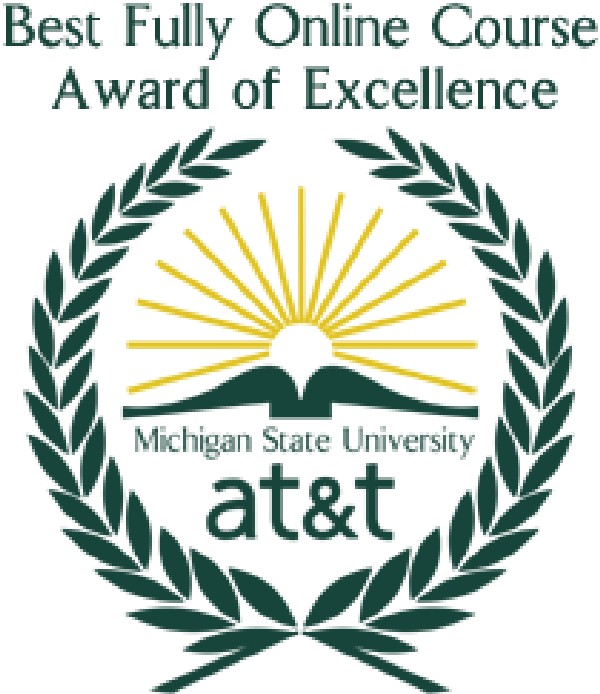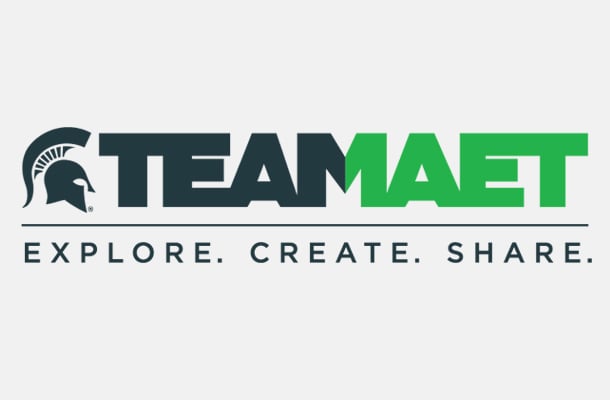CEP 812 is the third and final course in the Educational Technology Certificate Program sequence and can also be applied towards the Master of Arts in Educational Technology degree. Broadly conceived, this course focuses on the ways that we can use a range of technologies to address a range of teaching and education-related problems. Students explore properties of well-structured, ill-structured, and wicked problems before reading about human social and cognitive dispositions that limit our ability to solve big problems smartly. The course maintains a strong focus on inquiry and the importance of questioning, guided by Warren Berger’s book, A More Beautiful Question (2014). In addition to working with a think tank of peers to examine a wicked, high-priority educational problem, students critically examine their “info diet,” collect data that will inform a deeper understanding of the culture of technology integration that surrounds them, explore ways to use technologies to support special learning needs, and reflect on the ways they leverage technologies with passion and curiosity to support student learning.
The course is taught fully online using D2L and students showcase their work on personal/professional blogs and share it via Twitter using the hashtag #CEP812. As Shulman (1999) stated:
“Learning is least useful when it is private and hidden; it is most powerful when it becomes public and communal. Learning flourishes when we take what we think we know and offer it as community property among fellow learners so that it can be tested, examined, challenged, and improved before we internalize it.” (p. 11)
We embrace this public learning in our online courses and in CEP 812, collaborative work further supports this idea of communal learning. Students are assessed through the use of assignment guidelines and rubrics, with a special emphasis on multimodal expression of understanding.
At the beginning of the course, students complete a MePage, which is a Google Document that allows students to share a bit about their background, how they learn, and their goals for the course. This practice goes beyond an introductory blog post and helps students to be seen as distinct individuals by their instructors and allows instructors to make decisions about any necessary accommodations (e.g., a student based in China who noted that her internet access would be intermittent or limited).
A unique MAET strategy used in this course are Evaluation Notebooks, which are Google Docs structured to align with course assignments. The Evaluation Notebooks allow for another means of communication between students and instructors in a one-on-one environment, in which they can reflect on their work, receive feedback from instructors, and are encouraged to revise (in some instances, multiple times) to pursue mastery learning. Pedagogically, this allows feedback to become a conversation rather than a final assessment of knowledge that sits in a gradebook and evokes no further action. Students can comment on the document to ask clarifying questions, brainstorm, and more with their instructor. Each semester, students mention how grateful they are for individualized feedback. Pedagogically, this allows feedback to become a conversation rather than a final assessment of knowledge that sits in a gradebook and evokes no further action. Students can comment on the document to ask clarifying questions, brainstorm, and more with their instructor.
Technologies Used
- Google Documents (googleapps.msu.edu)
- Desire2Learn (d2l.msu.edu)
Team Members
Katie Bradford - Instructor
Edie Erickson - Instructor
Doug Frankish - Instructor
Rachelle Galang - Instructor
Leigh Graves Wolf - Curriculum Development
Ron Houtman - Instructor
Alison Keller - Instructor
Candace Marcotte - Curriculum Revision/Instructor
Bill Marsland - Curriculum Revision/Instructor
Liz Owens Boltz - Curriculum Revision
Michelle Schira Hagerman - Curriculum Development
Andrew Steinman - Instructor
Mary Wever - Curriculum Revision

